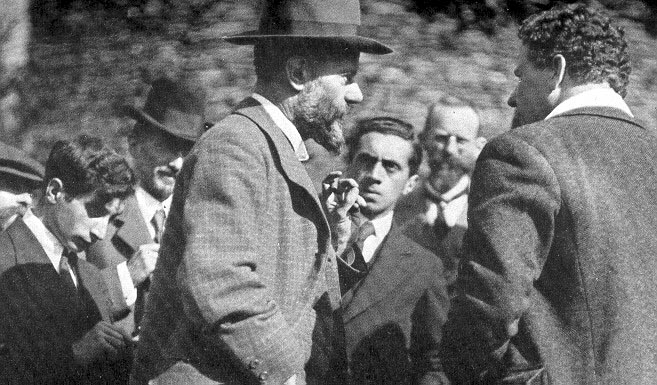
The last RNI Newsletter began a series relating to an interview strategy designed to uncover deceptive statements by increasing the interviewee’s cognitive load. More about that approach this month.
Disruptive Questioning is not for everyone; however, if your comfort zone permits, consider introducing one or more of the following into an interview when you suspect that the job applicant, witness and / or claimant is not being truthful:
- “Would you lie for…?”
- “Tell me a time when you lied and think you got away with it?”
- “How did you prepare for this deposition, statement under oath, job interview, etc?”
- “Would you rather be liked or feared?”
- “Everyone has lied at least one time in their life. Describe yours.”
- “Do you regret / not regret…”
- “Do you admire (name of key party involved in the event being questioned)?”
- “Why did you (or did you not) disobey….?”
Most liars prepare for questions that they expect to be asked. Disruptive questioning causes the liar to switch their approach at an instant causing unanticipated cognative load. This is when slip ups can take place, and they manifest themselves in verbal and nonverbal ways.
Liars can refuse to answer unanticipated questions by saying ‘I don’t know’ or ‘I can’t remember’; however, such responses will create suspicion if these questions are about central aspects of the matter under inquiry. In that regard, it is much more cognitively demanding (emotional and physiological energy) to fabricate a plausible answer on the spot.
Truth tellers expend little if any additional energy when presented with the unanticipated question. For instance, asking a witness to describe an accident scene is anticipated, but asking the witness to diagram the scene is unanticipated. A person being deceptive about the event would find the latter much more taxing while someone being truthful would accommodate much more easily.
This article and the previous one just scratch the surface on the technique of Disruptive Questioning. If you think that this approach is something you would like to add to your interviewing tool bag, check out, “Advancing Lie Detection by Inducing Cognitive Load on Liars: A Review of Relevant Theories and Techniques Guided by Lessons from Polygraph-Based Approaches.” Jeffrey J. Walczyk, Frank P. Igou, Alexa P. Dixon, and Talar Tcholakian, Frontiers in Psychology, February, 2013. https://www.ncbi.nlm.nih.gov/pmc/articles/PMC3561742/
The next RNI Newsletter will continue with more about Disruptive Questioning Techniques.
Research North, Inc. (RNI), is a professional private detective service providing support to the business community, the insurance industry and individuals in Michigan and Wisconsin since 1981. The company also offers pre-employment background checks to small and medium sized businesses through a subsidiary called Backgroundcheckswork.com that is fully staffed by professional investigators who are retired from law enforcement.
Delivering Information That Works For You
INSURED • QUALIFIED • THOROUGH • RELIABLE • CONFIDENTIAL • FAST